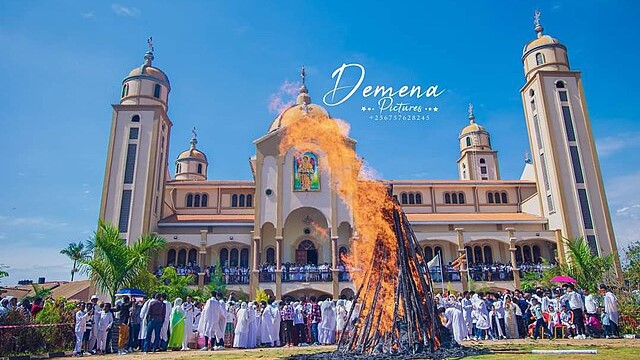Across Eritrea, festivals illuminate the nation’s rich cultural heritage, revealing a mosaic of traditions rooted in centuries of history. These celebrations, scattered throughout the calendar, offer a window into the customs, music, dance, and cuisine of the country’s diverse ethnic communities, reflecting the deep social bonds that define Eritrean life.
Independence Day on May 24th remains the country’s most resonant national celebration. Commemorating liberation from Ethiopian rule in 1991, the day is marked by parades, performances, and public ceremonies that convey a profound sense of national pride. Streets of Asmara and other towns fill with vibrant displays of unity, as Eritreans honor the resilience and determination that shaped the nation.
The Asmara Festival, held annually in the capital, highlights the city’s cultural and artistic vibrancy. Markets overflow with traditional dishes such as injera and zighni, while musicians and performers animate public squares. The festival emphasizes both culinary and artistic expression, creating a sensory experience that underscores the city’s role as a hub of Eritrean creativity.
Religious traditions are also prominently celebrated. The Festival of the Feast of the Ascension, known locally as Alinta, occurs forty days after Easter and exemplifies Eritrea’s Christian customs. Observances include communal prayers, shared meals, and ritual gatherings, with families often opening their homes to neighbors and visitors alike. This festival illustrates the enduring significance of faith in shaping communal life and provides a lens through which the spiritual dimensions of Eritrean culture can be understood.
Eritrea’s nine principal ethnic groups—including the Tigrigna, Tigre, and Saho—each contribute unique festivals that punctuate the year. Agricultural cycles, for instance, inspire harvest celebrations where local farmers display produce accompanied by song and dance. Such events not only celebrate the bounty of the land but also reinforce the interconnectedness of community life, bridging ethnic and regional identities through shared tradition.
Through these festivals, Eritrea presents a living portrait of cultural continuity, where ritual, artistry, and gastronomy converge. The celebrations offer insight into the nation’s values, highlighting a collective sense of identity that endures amid historical and social change. Each event, whether secular or religious, underscores the vibrancy of communal life and the enduring centrality of tradition in Eritrean society.
Sources:
- Tekeste Negash, Eritrea: The Cultural Landscape, Nordiska Afrikainstitutet, 2011.
- Ruth Iyob, The Eritrean Struggle for Independence, Cambridge University Press, 1997.
- Yohannes Abraha, “Cultural Festivals in Eritrea,” African Arts, vol. 53, no. 4, 2020.
- BBC News, “Eritrean Independence Day Celebrations,” 2021.

